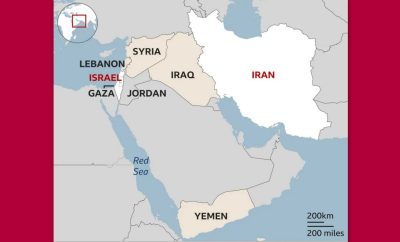
The United States’ Reassessment of its Global Role is Creating a Strategic Crisis for Germany
The United States’ reassessment of its global role is creating a strategic crisis for Germany. Few European countries need the United States to be a European power more than Germany. And not merely because the country cannot defend itself. Beyond its role as a military ally, the United States’ second important function is easily overlooked: it is the great underwriter of European integration and thus Europe’s pacifier.
For longer than there have been nation-states, Europeans have waged war against each other, culminating in the European civil wars of the 20th century. All too often, the greatest mistrust of any state was toward its own neighbor. Only when Pax Americana arrived did geopolitical competition on the European continent fade: post-1945 in the western part of Europe, post-1990 in the space reaching the Russian border. That the United States, by its mere presence, keeps the European fraternal quarrels under control is the lasting prerequisite for European integration.
No country has benefited more from this U.S. guarantee than Germany, because—due to its size, history, and industrial strength—no other European country is met with more neighborly distrust. The United States’ underwriting for Europe is therefore the geostrategic basis of Germany’s postwar success, its peaceful rise, and its affluence. The German question is no more because the United States is a European power.
Therefore, Germany has a lot to lose if the United States further reduces its presence in Europe and redefines its role. Despite all the heart-warming appeals for European unity, the opposite can be observed: With the United States stoking rather than dampening frictions within Europe, deep cracks are visible across the continent. The revelation of its own divisions and its fragility is Europe’s bitter lesson from Donald Trump’s term in office.
Συνέχεια ανάγνωσης εδώ
Πηγή: gmfus.org




